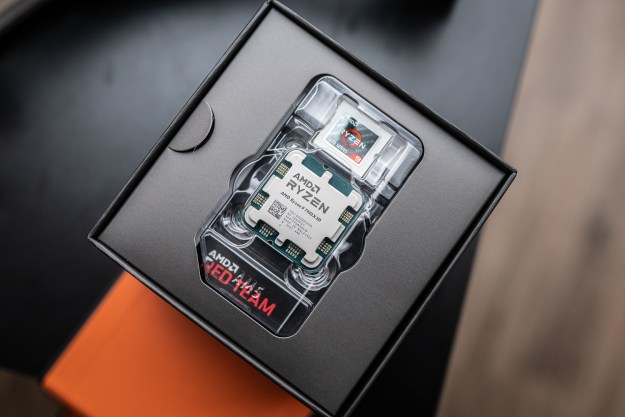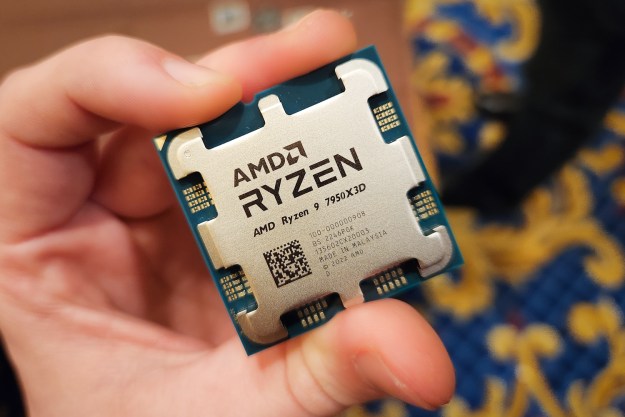While flash memory gets smaller, more capacious and cheaper seemingly by the week, speed isn’t an aspect of the technology we’ve seen grow by leaps and bounds – until now. IM Flash Technologies, a joint venture between Intel and Micron, revealed a new type of NAND flash technology on Friday which it claims operates up to five times faster than conventional flash memory.
The blazing-fast chip can reach read speeds of up to 200 megabytes per second and write speeds of up to 100 megabytes per second, compared to just 40 MB/s and 20 MB/s, respectively, for conventional flash memory. The advanced was achieved by switching to a new interface specification, ONFI 2.0, and using four-plane architecture with higher clock speeds.
Potential applications for the new technology include solid-state drives (SSDs), video storage, and USB storage devices. A SSD equipped with the new memory would operate up two to four times faster than a conventional hard drive. The existing USB 2.0 maximum transfer speed of 60 MB/s will actually act as a bottleneck for the new flash memory, meaning USB storage devices will likely have to wait for the USB 3.0 standard, which is in the works and should have ten times the bandwidth.
While the companies have clear plans to commecialize the new memory, they gave no timeline for when consumers might expect devices based on it to hit the market.
Editors' Recommendations
- This PS5 Pro leak reveals a massive jump in performance
- Qualcomm says its new chips are 4.5 times faster at AI than rivals
- Thunderbolt 5 may help bring back external GPUs, Intel says
- AMD’s upcoming Ryzen 5 5600X3D could completely dethrone Intel in budget builds
- The ThinkPad X1 Carbon Gen 11 is both faster and longer-lasting


